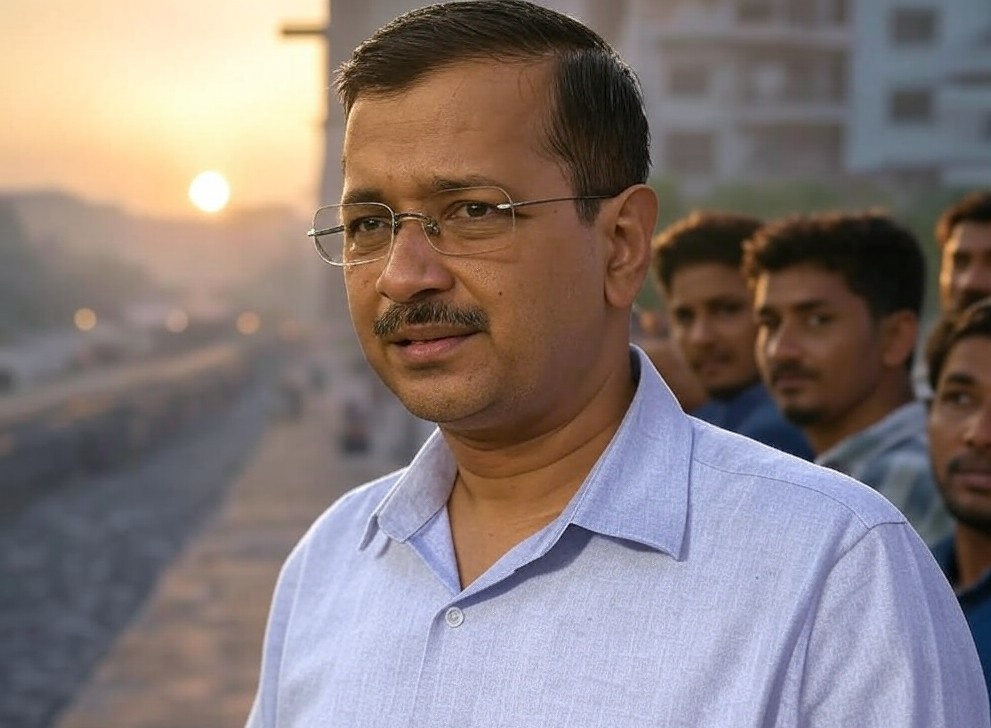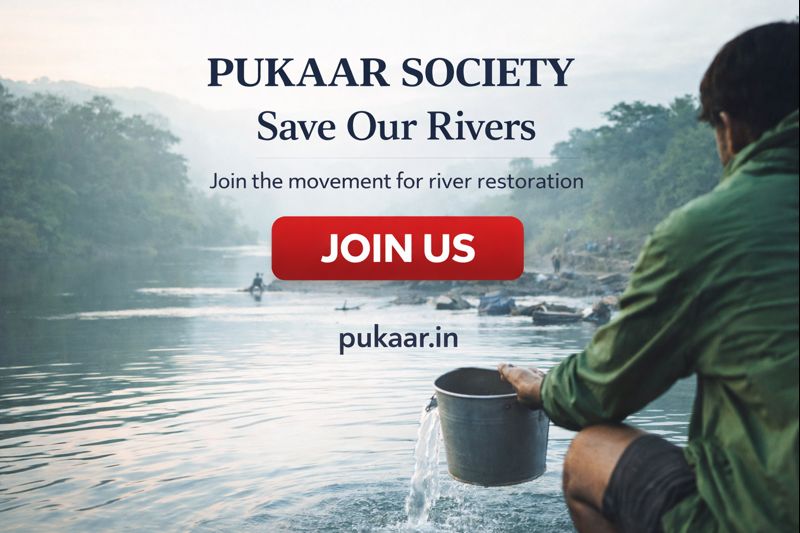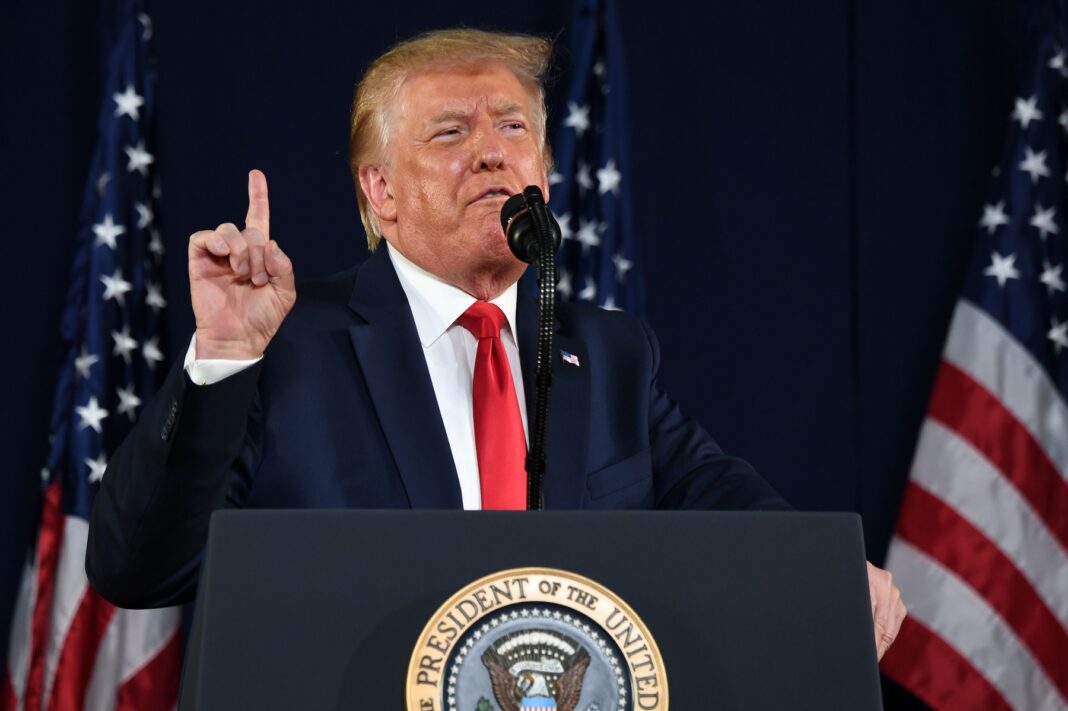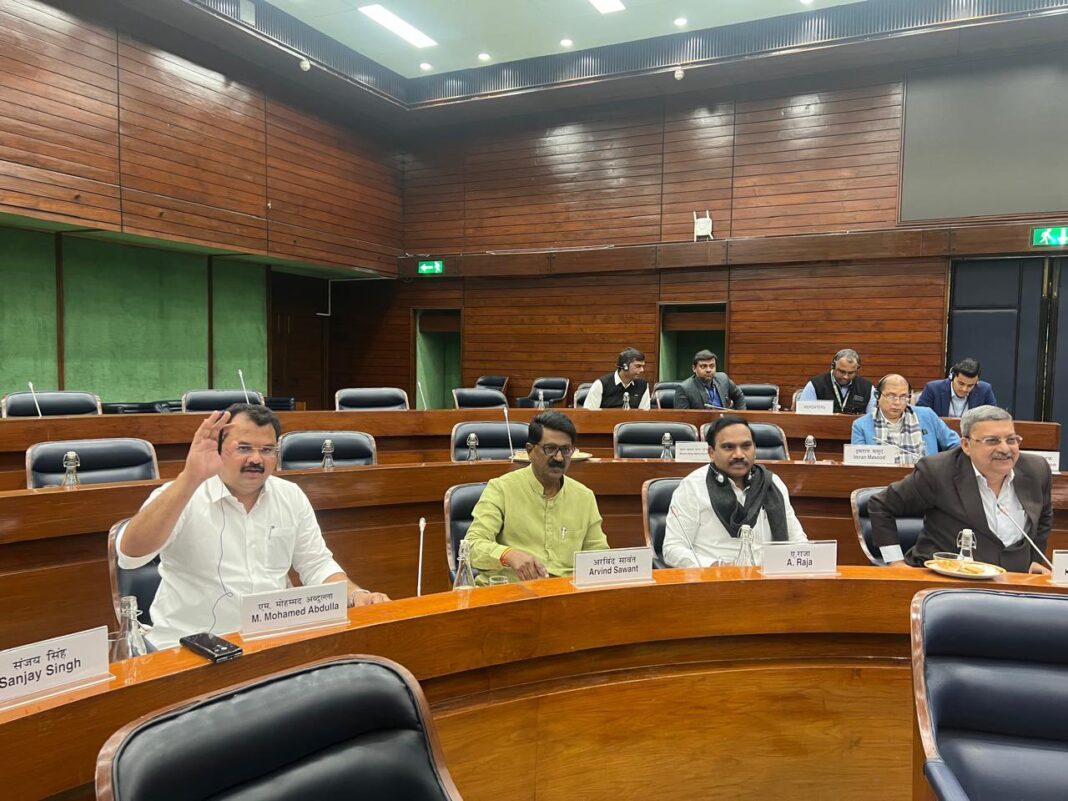The controversy surrounding former Delhi Chief Minister Arvind Kejriwal’s remarks on Yamuna pollution has intensified, with accusations flying between the Aam Aadmi Party (AAP) and Haryana’s BJP government. Kejriwal had alleged that the BJP-led Haryana government was “poisoning” the Yamuna water supplied to Delhi, which he claimed posed a threat to the city’s residents. He further suggested that the Haryana government’s actions were aimed at causing harm and shifting the blame to AAP.
In response, Haryana Chief Minister Nayab Singh Saini strongly condemned Kejriwal’s statements, warning that the Delhi CM could face legal action. Saini called the allegations “blatantly false” and demanded an immediate apology from Kejriwal to the people of Haryana and Delhi. He threatened to file a defamation suit if the apology was not forthcoming.
Saini also criticized Kejriwal’s governance, claiming that the Delhi CM had failed to manage water distribution effectively over the past decade. “He has made it a habit to make baseless allegations and then run away from responsibility,” Saini said. He urged Kejriwal to focus on improving water distribution in Delhi rather than blaming others.
Haryana’s Health Minister, Anil Vij, also weighed in, labeling Kejriwal a “factory of lies.” Vij challenged journalists to inspect the quality of water at the point where it enters Delhi, claiming they would notice a stark difference. He added that the responsibility of cleaning the river lay with Kejriwal and not the Haryana government, accusing Delhi’s leadership of failing to address the pollution.
In a further twist, Delhi Jal Board (DJB) CEO Shilpa Shinde sent a letter to the Chief Secretary, stating that Kejriwal’s claims were “factually incorrect.” The DJB CEO’s letter refuted the assertion of water scarcity, clarifying that the issue was with the distribution system in Delhi, not the water supply from Haryana.
Delhi CM Atishi, however, came to Kejriwal’s defense, alleging that the letter from DJB’s CEO was issued under pressure from Delhi’s Lieutenant Governor, VK Saxena. She suggested that the letter inadvertently revealed the truth, citing that the ammonia levels in the Yamuna River were as high as 6.5 parts per million (ppm), which is six times the acceptable limit for water treatment. Atishi argued that the ammonia levels were contributing to the contamination and should be addressed urgently.
The dispute highlights the growing tensions between the BJP and AAP over governance issues related to Delhi and the surrounding regions, with both sides accusing each other of neglect and mismanagement.






